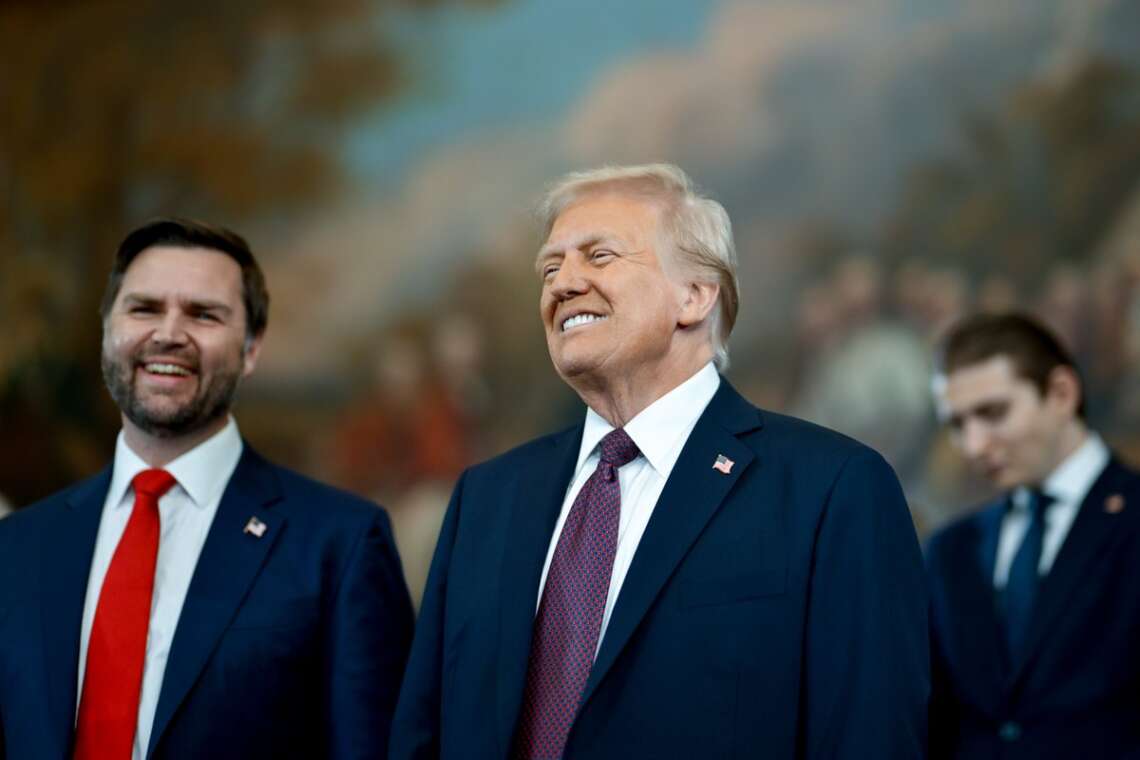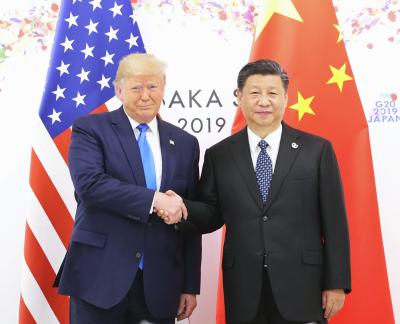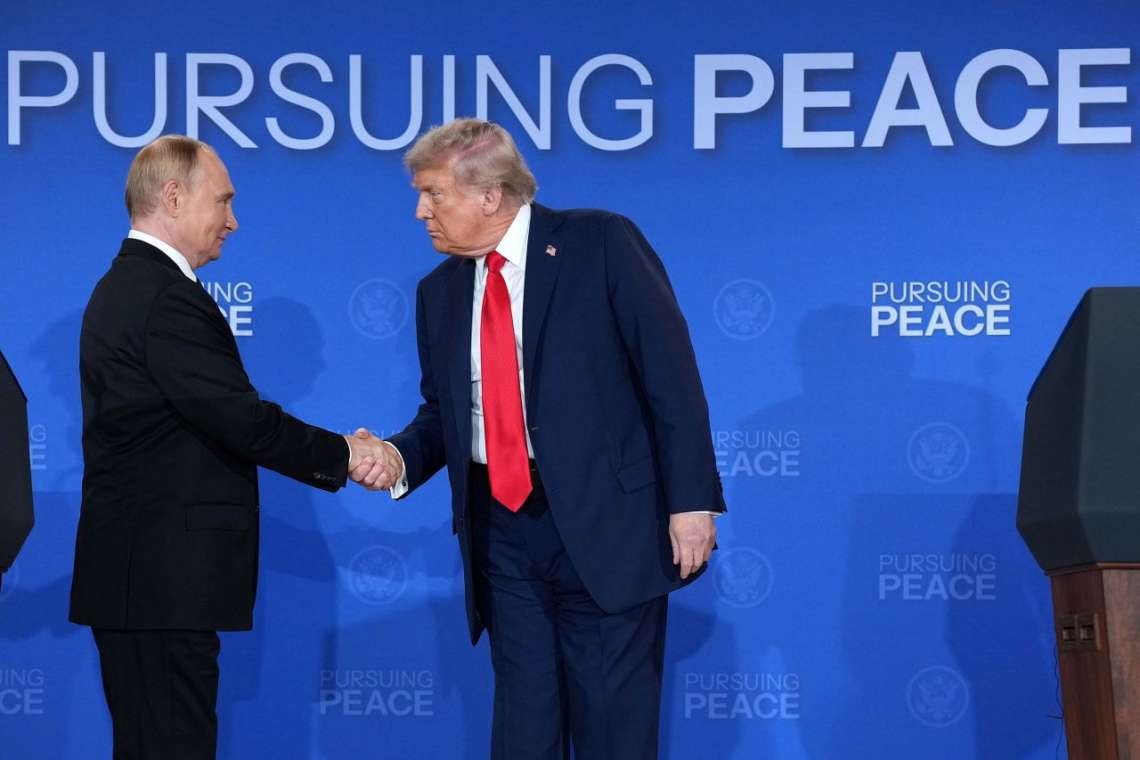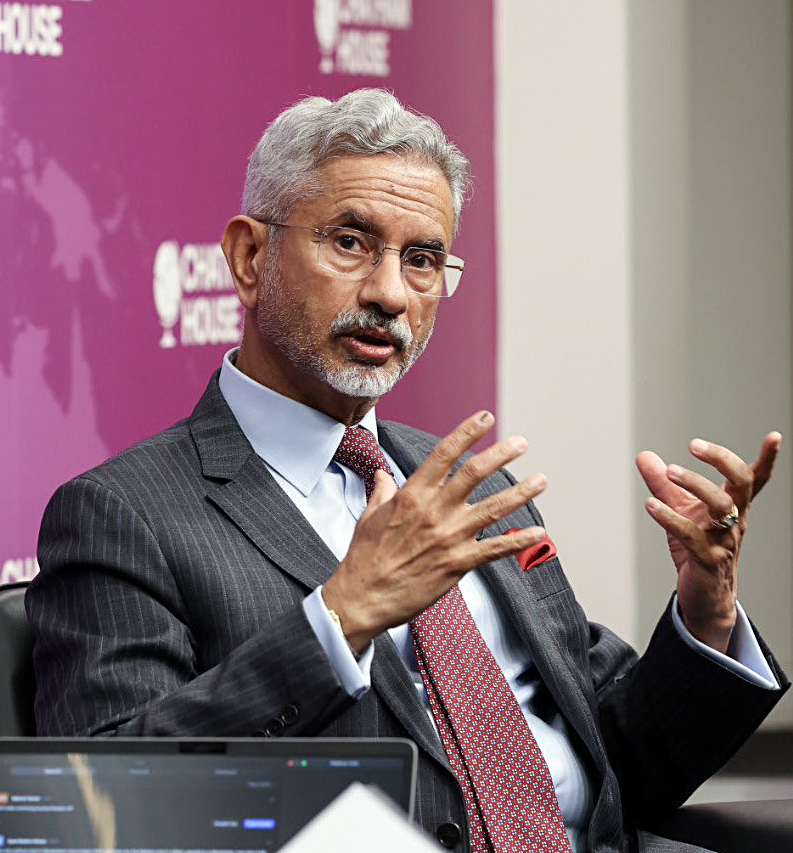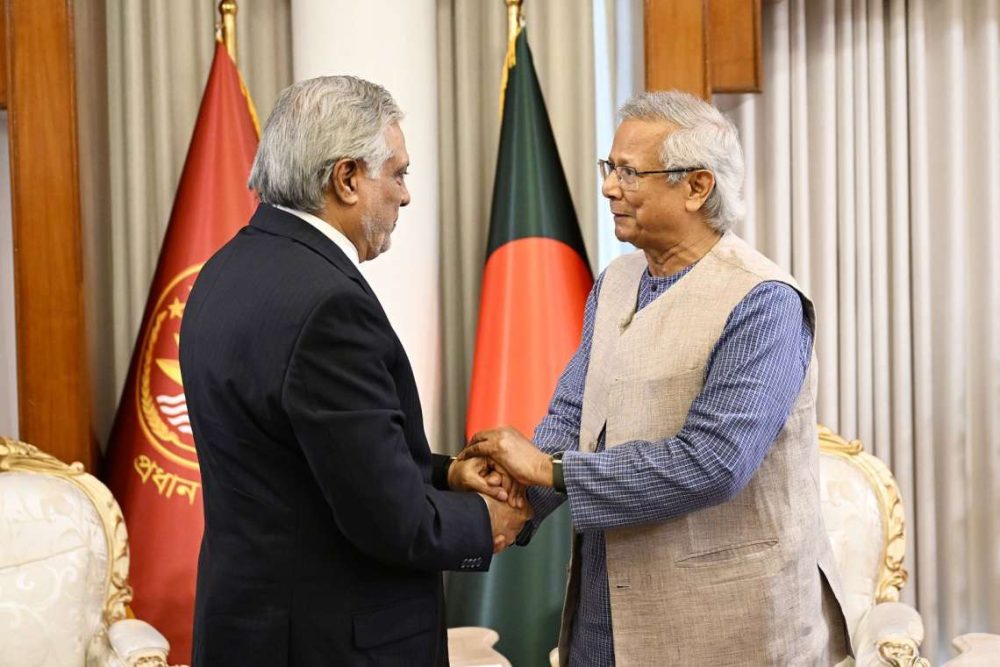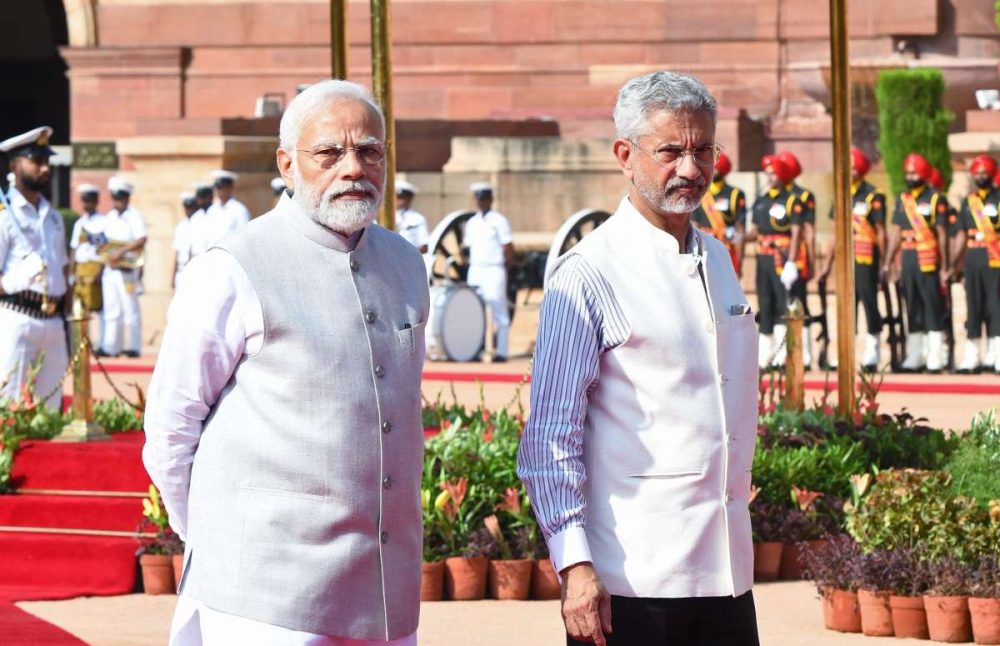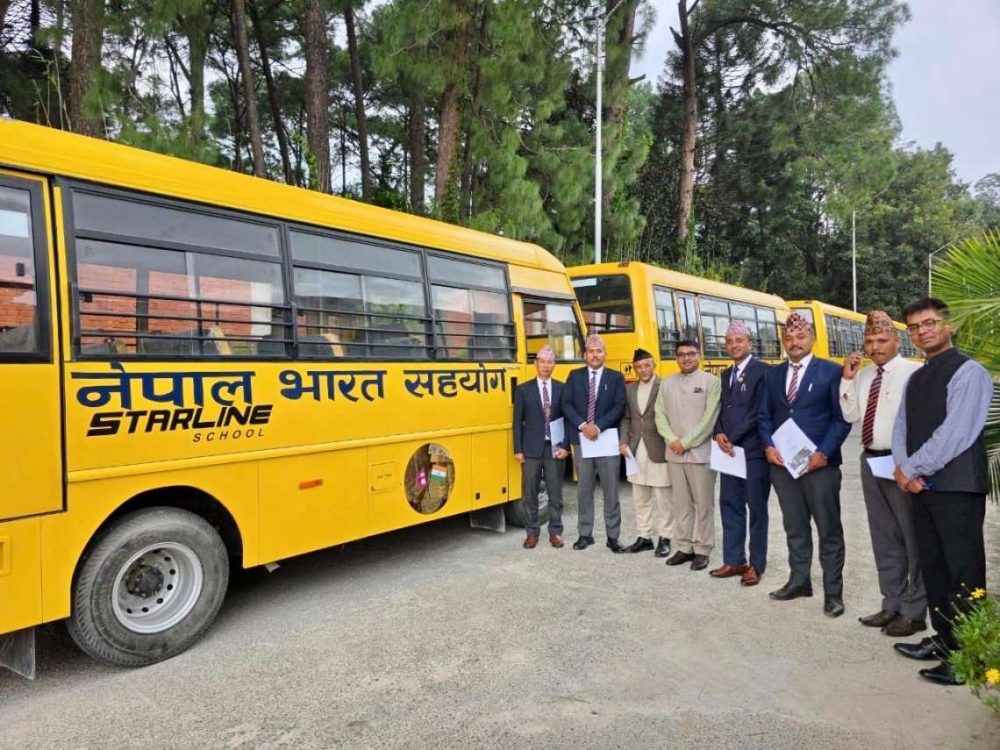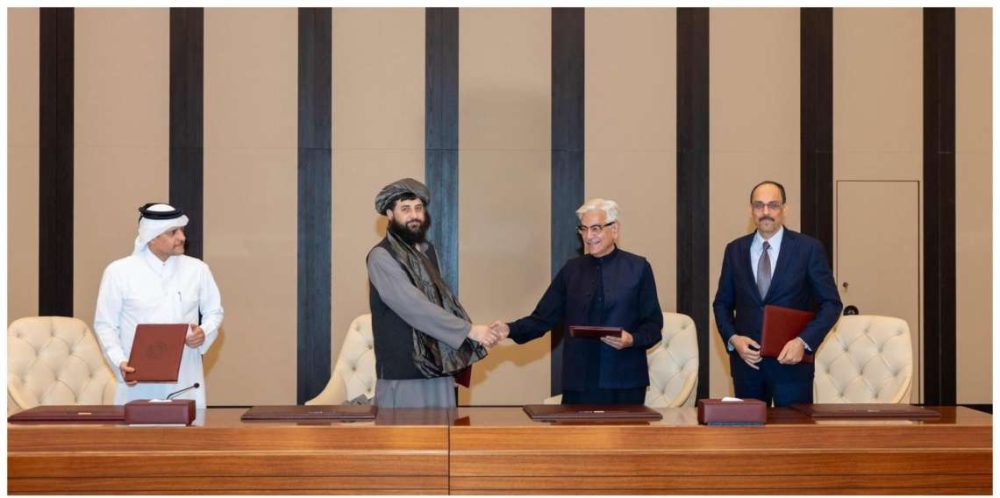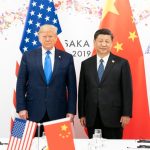In a separate announcement, Trump also revealed plans to rename the Gulf of Mexico to the “Gulf of America.” The decision has raised concerns about the future direction of U.S. environmental and cultural policies…reports Asian Lite News
In a move that has sparked controversy, U.S. President Donald Trump signed an executive order on Monday to restore the name of North America’s tallest peak to Mount McKinley, undoing the decision made by former President Barack Obama to rename it Denali.
While the peak itself will bear the name Mount McKinley, the surrounding national park will continue to be called Denali National Park and Preserve.
Trump, announcing the decision during his inaugural address, emphasized the importance of honoring former President William McKinley. “We will restore the name of a great president, William McKinley, to Mount McKinley, where it should be and where it belongs,” he stated. The order was heavily supported by Republican Senator Lisa Murkowski of Alaska, who has long championed the move.
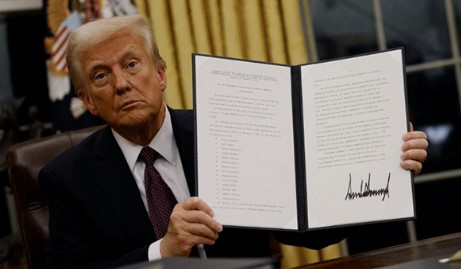
President Donald Trump signs an executive order restoring the name Mount McKinley to North America’s tallest peak, reversing Obama’s renaming to Denali. The decision has sparked controversy over cultural identity and historical legacies.
The executive order cited McKinley’s contributions to the nation, stating, “This order honors President McKinley for giving his life for our great nation…and generating enormous wealth for all Americans.” It further directs the Secretary of the Interior to reinstate the name and update official records within 30 days.
However, the decision has been met with backlash from some groups. The mountain, which stands at over 20,000 feet, has held cultural significance for Alaska’s Indigenous communities, who have called it Denali for centuries. In 2015, Obama officially renamed the peak Denali, a term from the Koyukon Athabaskan language that means “the High One.”
Critics, including Sierra Club’s Athan Manuel, argue that Trump’s reversal disregards the wishes of many Alaskans and undermines the region’s cultural heritage. “It’s clear that Donald Trump is more interested in culture war stunts than addressing the concerns of the American people,” Manuel remarked.
In a separate announcement, Trump also revealed plans to rename the Gulf of Mexico to the “Gulf of America.” The decision has raised concerns about the future direction of U.S. environmental and cultural policies.
Both moves are expected to ignite debate on the intersection of cultural identity, history, and national pride.


